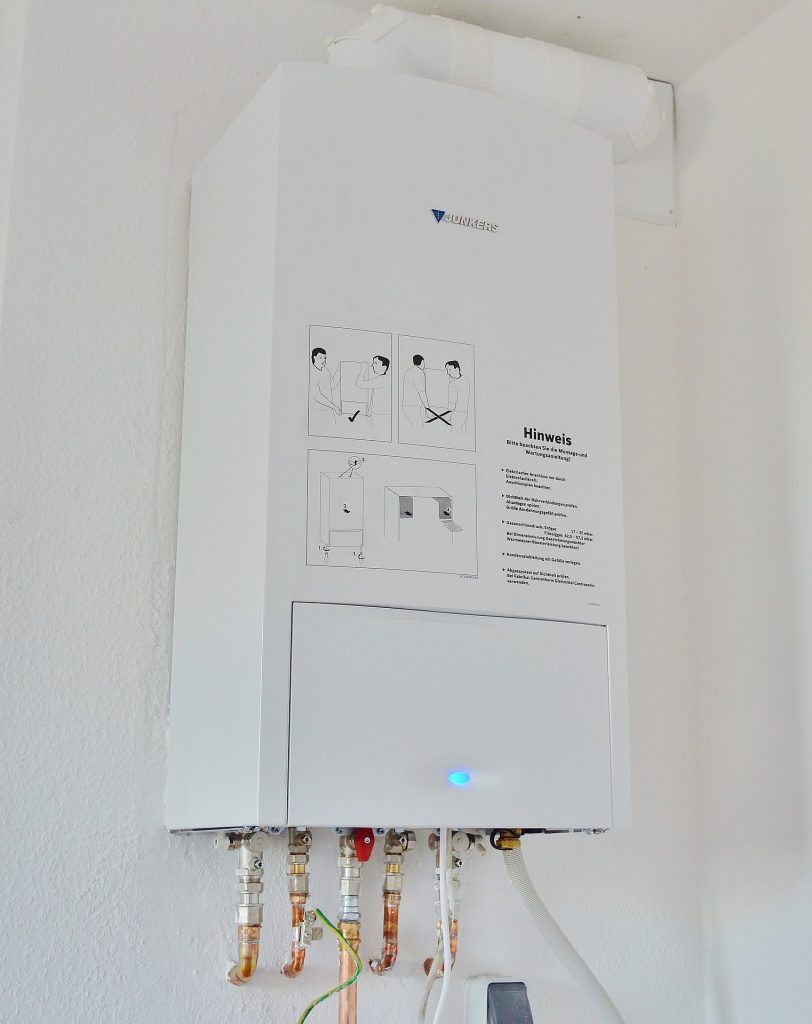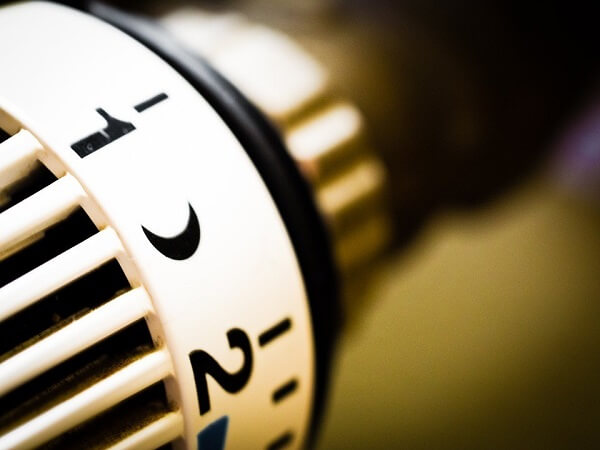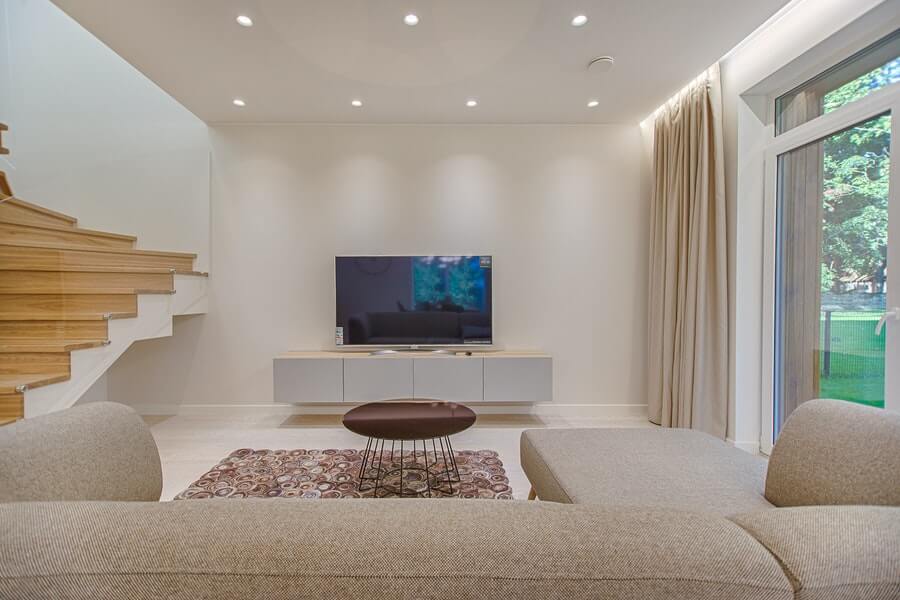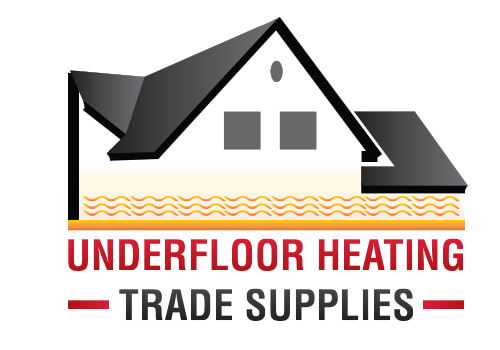
There are several types of boiler on the market today, and which system is right for you can depend on various factors. These include your budget, the size of your home and whether you have underfloor heating or not. So if you’ve been wondering ‘what type of boiler do I have?’ and are considering an upgrade, this article can help you reach an informed decision.
Read on to find out more about some of the most popular types of boiler on the market, their maintenance requirements, and what you can typically expect to pay for them.
Combi Boilers

Combi boilers have become one of the most popular types of boiler over recent years. More than half of new boilers installed in UK homes each year are now combi boilers. Combi boilers take their name from the way that they give you a water heater and a central heating boiler in one unified system. This is ideal for anyone seeking to save space inside their home. With a combi boiler, you can enjoy high powered showers due to how hot water is delivered at mains level power. You won’t need to keep a tank in your roof space, which means installation times tend to be very short. As you won’t have much labour to pay for, you shouldn’t need to pay a considerable sum to install a combi boiler. Read on to find out more about ‘what is a combi boiler’.
How Do Combi Boilers Work?
These boilers work by giving you a combination of instant hot water and central heating. They have two heat exchangers. One of these is linked to your radiators, whilst the other connects to the hot water supply in your property. When you request hot water, the boiler is instructed to burn electric, oil or gas. The heat exchanger then gets warm enough to heat the water flowing over it. One disadvantage of using a combi boiler is that you can’t send hot water to various parts of your home simultaneously. For instance, you won’t be able to access hot water for washing up whilst someone is having a shower.
Combi Boiler Maintenance
The best combi boilers don’t tend to require a great deal of maintenance. However, there are steps you should take to keep your boiler working to the best of its ability. These include having system cleanses carried out, having the boiler serviced once a year and keeping an eye on pressure.
How Much Does A Combi Boiler Cost?
The price you’ll pay for a combi boiler will depend on factors like the brand, the features offered by the model and the size. Budget models tend to cost between £600 – 900, whilst mid-range models normally sell for £900 – £1,200. So you can expect to pay between £1,000 and £2,000 for a premium model. However, you also need to factor in installation costs, which can set you back £1,000 or more[i].
Combi Boiler Pros and Cons
Combi boilers have a substantial range of advantages, but there are also some drawbacks you need to be aware of. Take a look at our list of combi boiler pros and cons.
Pros
- More efficient than older boilers
- Cheaper to install than some other systems
- Instant hot water
- Compact – no separate water tank needed
- Works with underfloor heating
Cons
- Good mains pressure required
- Limited hot water access
System Boilers

If you’re not sure whether a combi boiler is right for you, you may wish to consider investing in a system boiler. Large homes often have system boilers since heating and hot water demand is high in these properties. They have a separate cylinder to store water and give you an ongoing hot water supply around your property.
How Does A System Boiler Work?
Unlike combi boilers, system boilers aren’t connected to your cold mains. Instead, a coil inside the cylinder is tasked with carrying the central heating water through it so it can be heated. The boiler sends the water to various taps and showers once the water is heated up. So if several people in your property need to access hot water at once, a system boiler could be right for you.
System Boiler Maintenance
Carrying out regular maintenance on your system boiler will help you prolong its life and reduce the chances of breakdowns. Steps that you can take to keep your system boiler working to the best of its abilities include flushing it out regularly and checking parts like the vents and heat exchanger for damage and inefficiencies.
How Much Does A System Boiler Cost?
The price you’ll pay for a system boiler will depend on factors like the brand you choose, any special features you need, and how long your particular model takes to install.
Prices for system boilers start at around £600, but this is for the most basic models on the market. The price you pay for a premium model could be as much as £1,300. You’ll also need to think about installation, which doesn’t tend to come cheap. Sources say installation costs start at around £2,500[ii].
System Boiler Pros and Cons
Pros
- Can store vast amounts of hot water
- Great for larger homes
- Run baths and showers simultaneously
- No cold water tank needed
- Can be programmed
- Works with underfloor heating
Cons
- Space for cylinder required
- Instant hot water is unavailable unless you programme the boiler first
- Can be expensive to install
Regular Boilers

Regular boilers are also known as conventional boilers. Other names for regular boilers include open vent boilers and heat only boilers. They provide you with heating and hot water via the use of an extra cold water tank and a hot water cylinder. If you live in a household where several people often need access to hot water simultaneously, a regular boiler could be for you.
How Does A Regular Boiler Work?
Regular boilers use cold water tanks and hot water cylinders for storage. You often find these installed in lofts. When you ignite the fuel, the heat exchanger heats water before its sent to the hot water storage tank via a pump. You can then access hot water from the tank when you require it. These boilers have expansion vessels, which keep the pressure constant. They do this by controlling hot water as they expand. You will need a feed and expansion tank to maintain the water levels in your heating system if you opt for a regular boiler.
Regular Boiler Maintenance
You can get the best out of your regular boiler and prolong its life by carrying out maintenance. Important steps to take to maintain your regular boiler include checking the boiler pressure, ensuring the boiler is sufficiently ventilated and lagging your external pipes.
How Much Does A Regular Boiler Cost?
New regular boilers normally cost between £1,500 and £2,500. However, you also need to factor in installation costs, which can mean paying considerably more[iii].
Regular Boiler Pros and Cons
Pros
- Efficient even when mains pressure low
- Can source hot water from multiple places at the same time
- Simpler to maintain than some other systems
- You can add immersion heaters to hot water cylinder if boiler fails
- Works with underfloor heating
Cons
- Hot water pressure sometimes low
- Space needed for cold and hot water tanks
- Hot water must be heated in advance
- More heat loss than some other systems
Installing Your New Boiler
There are many things to think about if you are considering installing a new boiler. Some people opt to stick with the same types of boiler as they already have to save money. This can also be more convenient. However, you may wish to switch to a different kind of system if your current one isn’t energy-efficient or your needs have changed over the years. Size is also important. There is little to be gained from installing a large boiler if you only need to heat a flat or a small house. In fact, you may see an unnecessary rise in your fuel bills if you buy a boiler that’s too big for your home’s requirements. Thankfully, most boilers on the market work with a wet underfloor heating kit if you already have this kind of system or are considering investing in one.
It’s also essential to think about installation costs when you are looking for the right types of boiler for your home. Even if a boiler looks particularly affordable, an installer may quote much more than you expect to have your new system installed. The more complex the work is, the more you can expect to pay for installation.
Choosing From The Types of Boiler
What’s right for one household isn’t always a good match for another, so you’ll need to think carefully about what your hot water and heating requirements are when considering types of boiler. Some boilers are best suited to larger homes, while others are better for smaller households with only one or two people living in them. Many people are surprised to learn the answer to the question ‘how much is a boiler’ once they have considered installation costs. If you’ve been wondering ‘what type of boiler do I need’, we hope this article has been of use to you.
[i] https://householdquotes.co.uk/combi-boiler-prices/
[ii] https://heatingforce.co.uk/blog/system-boilers/
[iii] https://heatable.co.uk/boiler-advice/how-much-do-new-boilers-cost
